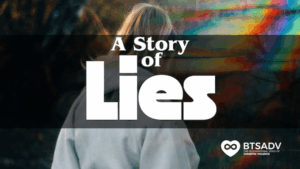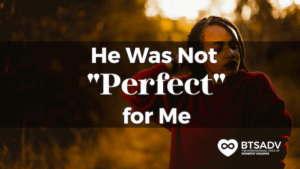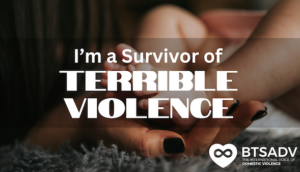By Sunny Lim
According to the American Civil Liberties Union (ACLU), black women face a higher likelihood of sexual assault and domestic violence in their lifetimes compared to other racial groups. More than 40 percent of Black women in the United States suffer from intimate partner violence and face disproportionately higher rates of homicide.
For statistics regarding rates of sexual and domestic violence, Black women report the highest rates compared to white women, Latina women, and Asian/Pacific Islander women. Although they face higher rates of violence, there are several causes behind why they might fear to report the abuser and factors that create difficulties for them to escape.
Stereotypes
The media hypersexualizes Black women and girls. Along with this stereotype, they are viewed as less innocent and more as adults, according to a report by the Georgetown Law Center. This stereotype is also seen in news articles with the usage of language and photos. With Trayvon Martin and other Black children, the media used language to portray them as adults and used negative images to perpetuate threatening stereotypes instead of pictures that portrayed them as the children they were.
The report’s findings also support the harmful view that Black women and girls are seen as deserving of harm, which justifies the long-standing history of violence against them. These harmful stereotypes make it harder for survivors to report since some institutions might not believe them.
Race vs. sex-based issues
Some survivors won’t report the abuser due to the belief that they should protect the community. Since a significant number of people in the community believe racism is a bigger issue to tackle than sexism, it puts more pressure on Black survivors to underreport in order to protect the abusers from the police.
Police brutality
Institutions meant to aid survivors have abused and discriminated against Black survivors over a long period of time.
When Charleena Lyles called the Seattle police department for help dealing with an abusive partner, she spent the next nine days in jail. When Lyles, 30 and pregnant, called the police again to report a robbery, they shot her.
Instead of protecting the survivor and de-escalating violence, the officers immediately went for unnecessary brute force. Not reporting the abuse encourages the abusers to continue and escalate because they know they won’t face any consequences because the survivor won’t go to the police in fear of backlash.
Culture of Silence
Police, media, and the history of the United States have a history of dehumanizing the Black community and justifying the abuse of women. Institutionalized rape of Black women occurred during the slave trade, and the first anti-rape laws in the 1800s only included protections for white women. Police officers have also targeted Black women, preying on the most vulnerable.
Daniel Holtzclaw, a former Oklahoma City officer, intentionally targeted Black women, sexually abusing 13 victims. Before choosing his victims, he looked up existing warrants and information on his victims along with using his position to threaten victims with jail time if they didn’t comply with his demands.
During investigations, many victims feared coming forward because they didn’t think anyone would believe them. Others didn’t think Holtzclaw would face any repercussions since they believed police members would protect him as one of their own.
Lack of culturally competent care
Cultural competence is a term commonly used in health care and by organizations to define the type of care that addresses the full needs of clients, paying close attention to their identities and cultural backgrounds. Some shelters lack workers trained in cultural competency, which drive survivors away.
Black survivors face additional biases and difficulties when they seek help for domestic violence. It is important for agencies, caseworkers, and shelters to know survivors’ individual needs and be sensitive as well.
If you or someone you know is in an abusive relationship, there is help. You can visit the Break the Silence website at www.breakthesilencedv.org or chat with one of our helpline advocates at 855-287-1777.


